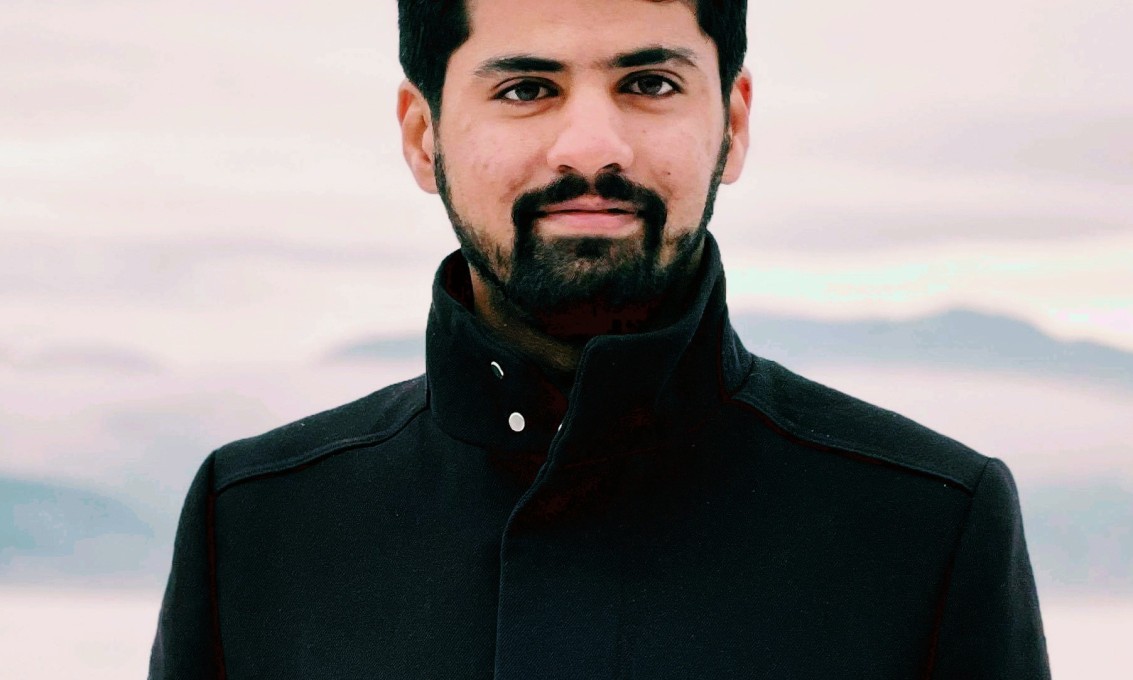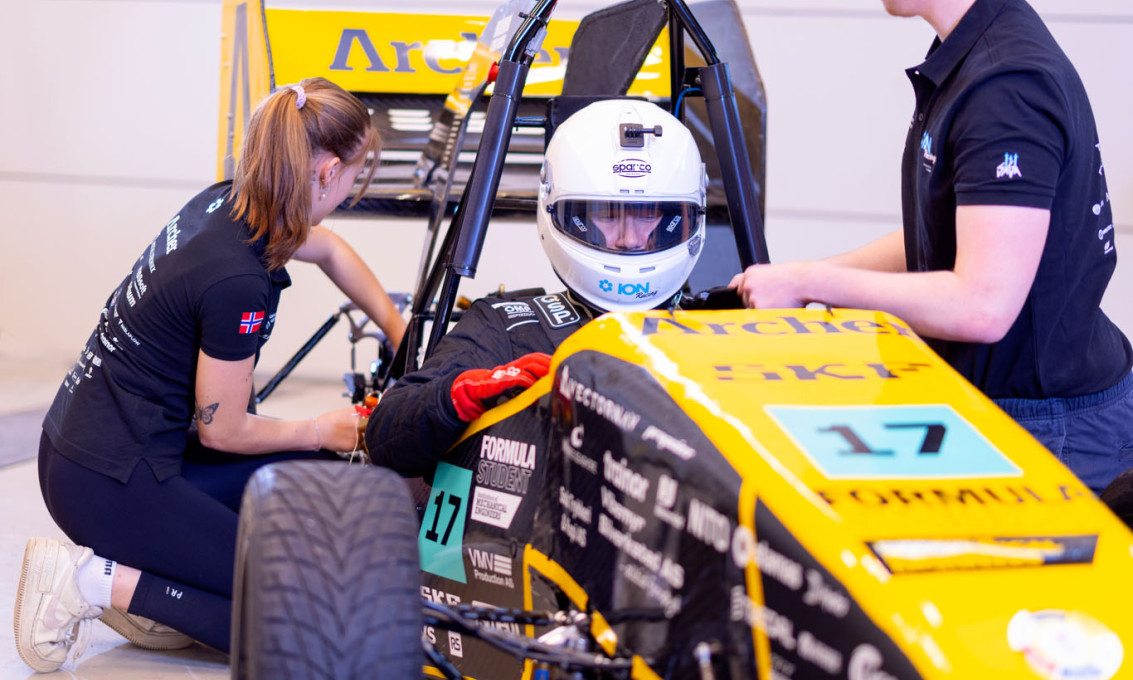Did you know that Stavanger is the energy capital of Norway? Are you interested in technology, natural science or risk? Find your way to UiS!
Find your study programme:
The MSc programme in Biological Chemistry focuses on important areas of human, animal, and plant health, from the organismal to the molecular and cellular level.
By the end of the programme, you will have acquired practical and theoretical skills in molecular biology, bioinformatics, and protein biochemistry. You will also get experience with many analytical techniques and research methods. Furthermore, you get skills in presenting scientific results.
Are you interested in how cities can become more sustainable, efficient, safe and livable? This programme qualifies you to understand and shape the cities of the future.
Cities and urban areas are growing fast. There is an increasing need for urban planners who understand sustainable urban development and design. Urban planners with technical insight and design understanding are therefore needed to ensure sustainable urban development of livable and smart cities. The cities of the future must be resource and energy efficient, and have smart solutions for buildings, transport and infrastructure.
Do you want to solve engineering challenges by using programming and computer modelling?
A master's degree in Computational Engineering will give you knowledge and expertise in engineering, programming and computer modelling. The skillset of Computational Engineering is at the intersection between engineering and data science and will make you well equipped to contribute to the digitization and AI implementation that is happening across the industry and the globe.
Become the expert needed to design secure and performant computer systems for smart digitalisation in society and the industry.
Adoption of Artificial intelligence, and continued digitalisation, in both industry and society at large, requires increasingly complex computer systems. With a master’s in Computer Science, you become the expert needed to architect, develop, and deploy such systems and ensure their security and performance.
Data Science lets engineering students from different fields become experts in machine learning and Artificial intelligence.
Data Science students will learn to extract relevant information from a compilation of large datasets from different sources. Data Scientists are the experts needed to understand, apply, and improve data driven methods like machine learning and artificial intelligence. The ability to create, manage and exploit data has become one of the most important challenges for practitioners in most industries.
Do you want to lead in the future energy transition?
Join our 2-year MSc programme to gain skills and knowledge for transforming energy production and addressing global climate challenges.
In this study programme, you will explore topics in geology, fluid flow in porous media, CO2 and H2 storage, increased oil recovery, energy transition, and decision-making
Are you concerned about the environment? Unlock your potential and make an impact on our planet! This master’s programme in Environmental Engineering, features a unique emphasis on water resource management.
Water scarcity and pollution pose significant global challenges, this programme equips you with the knowledge and skills needed to develop sustainable solutions. In this study programme, you will explore topics in water quality assessment, treatment technologies, and environmental regulations in order to come up with innovate practical solutions.
Industrial Asset Management gives a modern practical twist to your technical education. This programme strengthens your professional expertise combining technical engineering, operational, and management disciplines that are highly requested by various industrial and public sectors.
The world needs engineers to develop smart and sustainable technologies for the marine and offshore industries. Would you like to contribute to the green transition and the future of the blue economy?
In this programme you will gain key knowledge in the field of marine technology. You will learn about marine and offshore structures, subsea production, offshore aquaculture, offshore renewable energy and fjord crossings. After graduating you are well-equipped to participate in developing new technology, methods and best practices for the marine, offshore and subsea industries.
Do you have a bachelor's degree in mathematics and physics? Then this is the master's degree for you. Mathematics and physics are the foundation for all technological development, and are used in economics, in social studies and in health.
This programme provides you with skills in mathematics, physics and statistics on an advanced level. You will be able to solve complex problems in mathematics and physics. In addition, you will have solid skills in numerical modelling, data analysis and experimental methods to solve problems in the natural sciences, economics, health, social sciences and management.
Norway is recognised worldwide as a leader in the advances of offshore industry, and the University of Stavanger has close ties with the local and international industry.
This master’s programme will provide you with advanced knowledge of petroleum wells in a life cycle perspective; from design and drilling via operation, control and production, to plugging and abandonment.
Become a risk expert at a time when terrorism, pandemics, climate change and complex technological risks are some of the challenges facing society. With a master’s degree in Risk Analysis, you can analyse, assess, communicate, manage and govern all types of risk.
The master’s programme in Risk Analysis gives you a unique competence in understanding and handling risk. The programme covers all the elements of risk analysis in a broad sense: risk assessment, risk perception, risk communication, risk management and risk governance, policy related to risk, and risk science. Key topics related to safety, security and resilience are also covered.
This study programme provides an education in either mechanical or structural engineering, giving you the necessary engineering tools to turn challenges into opportunities.
This programme offers two specialisations, structural engineering and mechanical engineering. These two specialisations share a common interest in the understanding of how materials and structures react to forces. This is reflected in common courses like mechanics, dynamics, and simulation methods.
The Computational Engineering programme has opened numerous doors of opportunities for me in various industries.
How to apply?
Do you have questions about admission and application?
Further opportunities
Do you have a passion for research? Did you know that as a PhD student in Norway you get a salary while you earn your degree? We offer five specialisations within Science and Technology.



